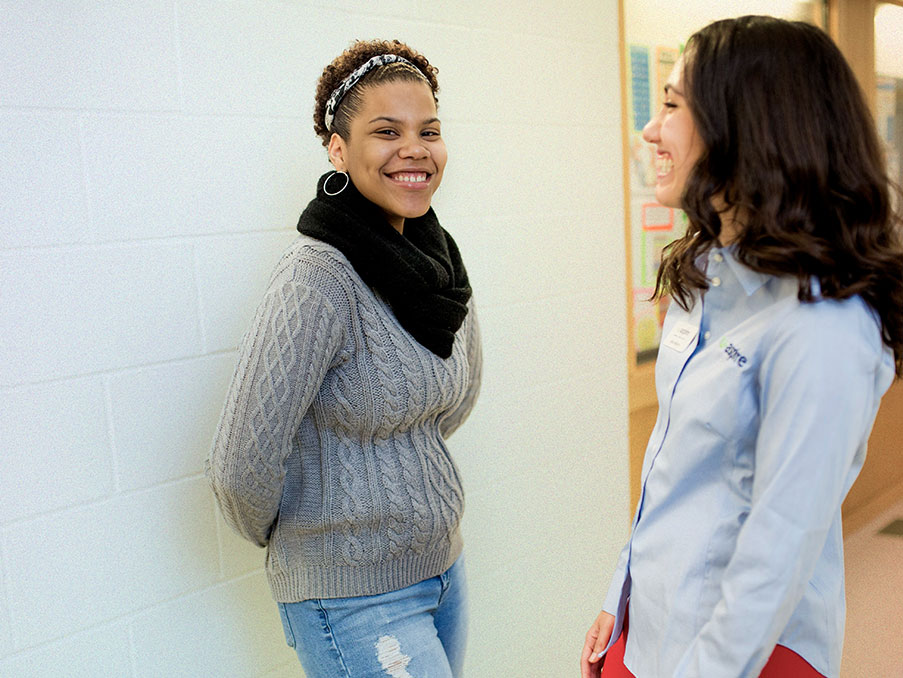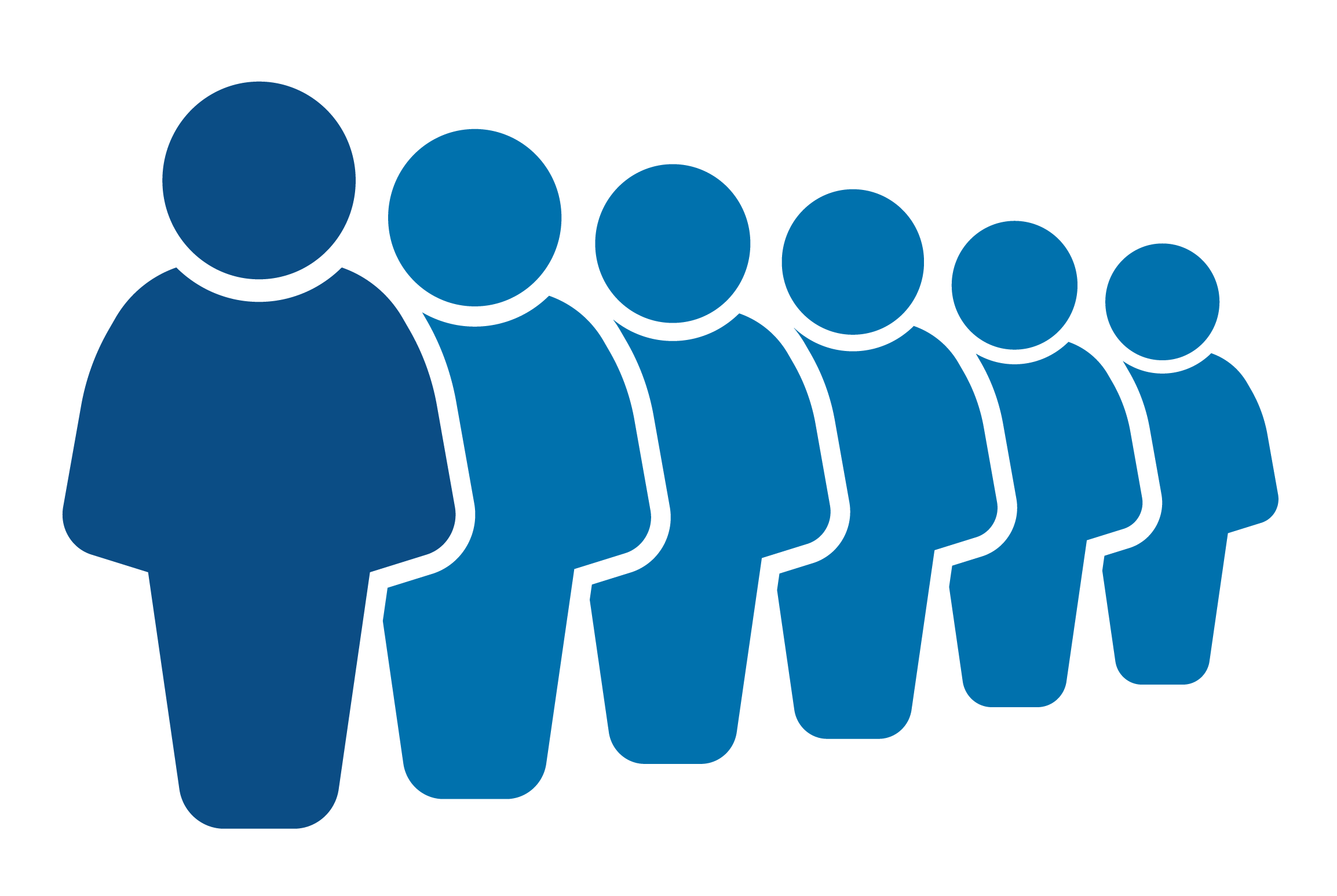Who We Are
We believe every student should have equitable access to postsecondary education to live the life they envision.

Our Mission
Improve the economic mobility of underrepresented students by creating financial solutions to diverse postsecondary pathways.
The Need
Students from underrepresented communities experience disproportionate structural and financial barriers to postsecondary pathways which result in reduced access to educational and employment opportunities, an increased amount of debt carried, and the narrowing of opportunities for a more economically mobile life.
1 in 6
Only one in six students from low-income families earns a college degree.

Our Approach
uAspire helps underrepresented students access capital from which they can build a better future.
Support high school and college students to access financial aid and navigate postsecondary systems through in-person and virtual advising.
Equip counselors and program staff with financial aid knowledge and student centered-resources through professional training and support.
Advocate for federal, state, and institutional policy change to transform financial aid and higher education systems based on our students' lived experiences.
Develop unique solutions to address partners’ needs by leveraging our financial aid expertise, advising experience, and student-centered research.
Why economic mobility?
Economic mobility means a better future for ourselves and later generations.
We’re upwardly mobile when we receive a raise at work, save for retirement, or receive an inheritance. Where we live, our social networks, and the quality of our schools influence our mobility, as do the job market or the discrimination we may face while trying to take out a loan or find affordable housing.

A closer look at upward mobility in America
Black households have earned significantly less than white, Hispanic/Latino, and Asian-American peers in every year since 1967, when the Census Bureau started tracking income by race. Hispanic/Latino Americans on average also earn less and experience a significant wealth gap compared with their white peers.
To create upward mobility, we must move different forms of capital more rapidly toward younger generations and those who have been prevented from building wealth. A college degree remains the most reliable path toward higher earnings – the foundation of financial capital – but college attendance alone is not a guarantee of financial well-being.
The structural challenges with college are well-known: cost is sky-high, while financial aid is limited, and more than 40 million Americans have completed some college credits but no credential. Many graduates of color earn less across a lifetime of work than white peers with the same or less formal education. First-generation college grads earn less, take on more debt, and hold less wealth on average than their peers who have at least one parent who attended college.
By facilitating the transfer of capital to underrepresented students so they can access diverse postsecondary pathways, uAspire improves their economic mobility. Our advisors and trainers build financial and human capital by helping students access financial aid, scholarships and emergency aid, identify financially safer schools, make informed postsecondary decisions, and develop skills to navigate systems. Our policy and consulting teams work with leaders and policymakers to make those systems equitable and student-centered. Learn about our impact.
